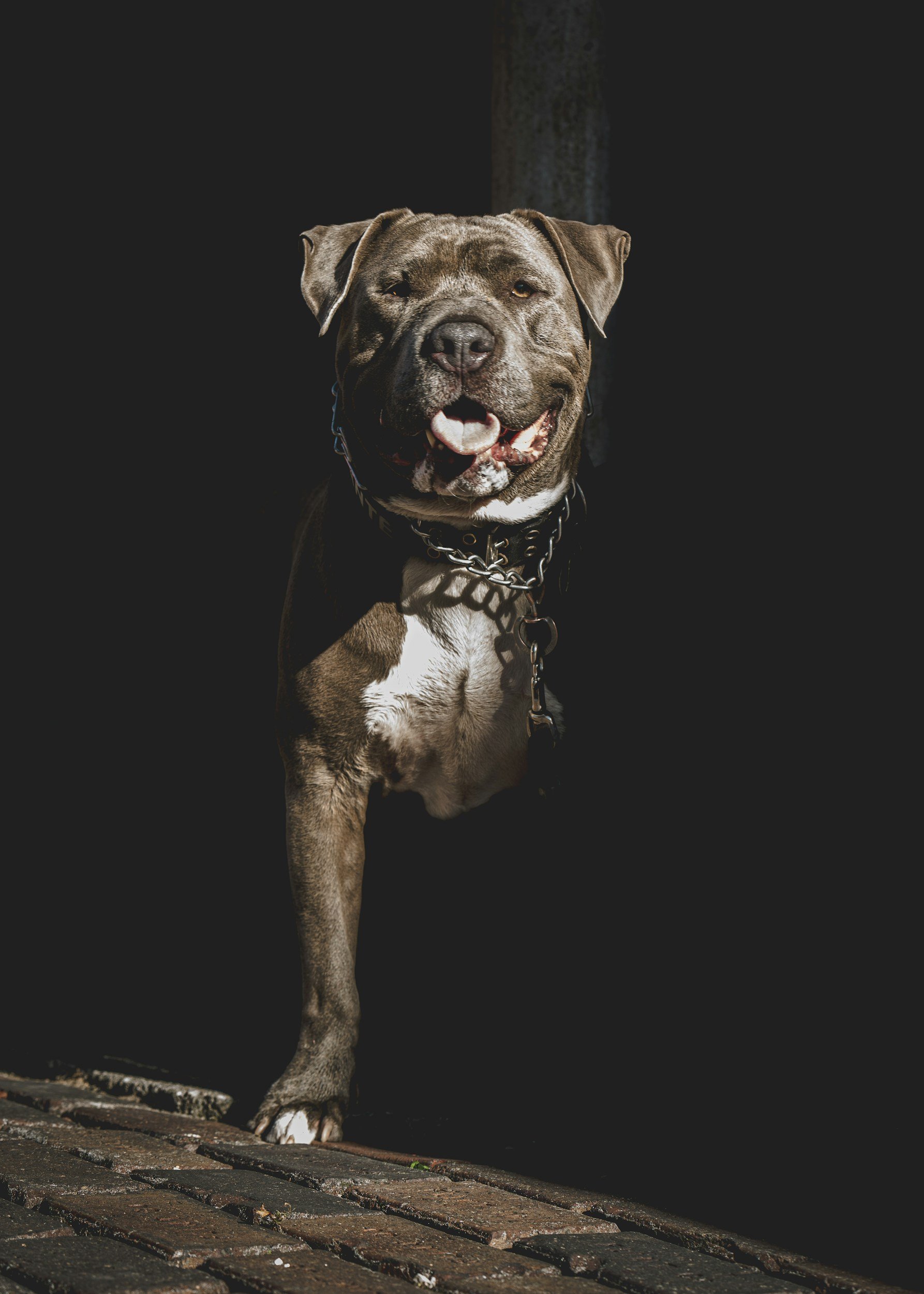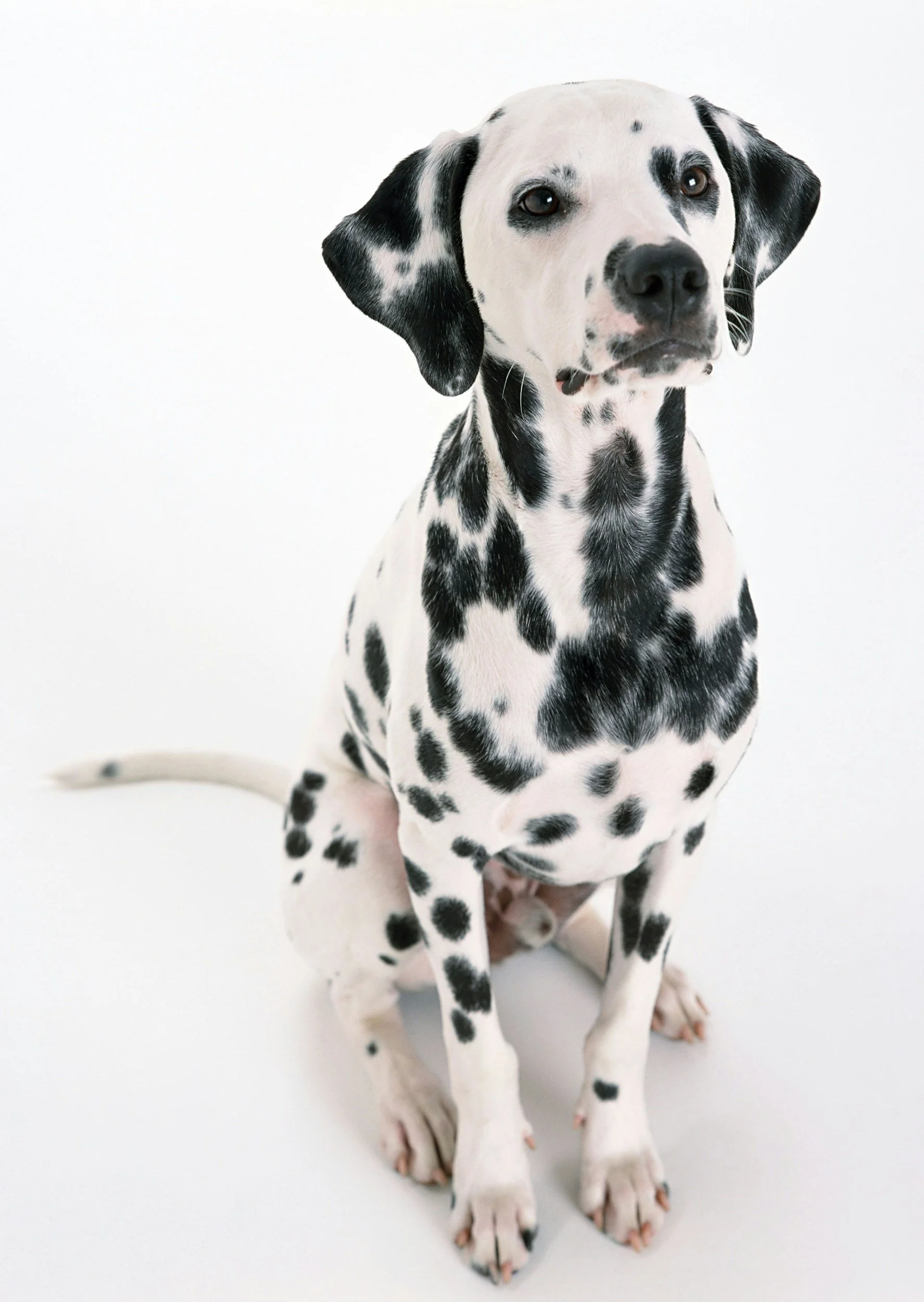Saving Lives One Donation At A Time
We take the same safety precautions and measures in animal blood transfusions as we do in human ones, making the process safe and effective for donors and recipients.
We understand that a blood transfusion can be stressful for you and your pet, so we want you to know that your loved one is in good hands.
Just like in human medicine, blood transfusions are a critical, life-saving component of your pets’ health care. There are a variety of situations and conditions that would necessitate a blood transfusion, such as physical trauma and other ailments.
A specific blood type is required: The breeds most commonly used for blood donations include:
Dobermans (Need to be Von Willibrands tested!)
German Shepards
Boxers
Pitbulls
Dalmations
Greyhounds
Coonhounds
Mastiffs
(mixed breeds of the above listed)
FAQs
-
In dogs, we get blood donations from jugular vein (in the neck). We do this because it is the largest vein to acess. The neck has less nerve tissue than the legs! To maintain a sterile collection site, all donors must be shaved in a small area at the site of collection.
The needles used to obtain blood for donation are quite large, however the only pain would be from the initial poke of the needle. Most dogs do not react much to this. The needle is comparable to the needles used in human blood donations.
-
Although unlikely, dogs can occasionlly have a bad reaction to donating. This is usually due to low blood pressure and is a temporary effect. These reactions are usually avoided by taking proper precautions;
In an overall good state of health
must be over 50lbs
Between the ages 1-8 years old (breed depending)
pre-donation, we will test for anemia (Hematocrit)
In the case of your pet having a reaction, they would be examined and monitored by a doctor, usually for a few hours, and sent home when recovered. It is not recommended your pet donate again if a reaction occurs.
-
Although it is safe for a dog to donate every 30 days, our goal is to have each donor come in every 3-6 months. How often they donate will depend on the need for blood transfusions in our hospitalized patients.
There are no known long term effects on healthy donors.
-
Universal donor dogs are blood type DEA 1.1 negative. We are only accepting universal donors into our program at this time.
-
We want to be sure all donors are in good health, if they were sick with anything (including Heartworm disease), it could be very taxing on them to donate blood.
We recommend year-round Heartworm prevention for our donors. We will accept donors that are kept on 9 months of prevention (April-December) and have their annual Heartworm test in May-June



